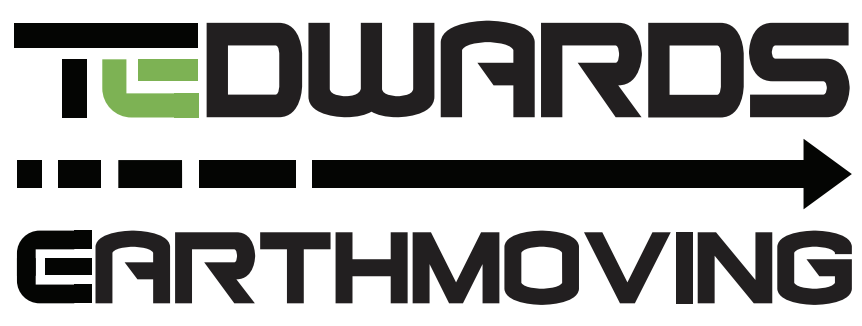In Sydney, a Tight Access Earthmoving is any enclosed or partially enclosed facility that is intended or likely to be occupied by any human, has limited or restricted entrance or exit access, and includes a potentially hazardous environment. Tanks, pits, chimneys, silos, subterranean sewers, tunnels, and wells are some examples.
This might include a hazardous environment, hazardous vapours, combustible gases, low or unsafe oxygen levels, or stored chemicals that could collapse and envelop a person.
Many individuals have been murdered in such Tight Access Earthmoving places while attempting to rescue someone who has already been overpowered by a hazardous environment. Without competent emergency management protocols and sufficient safety equipment, such as air-supplied respiratory protection equipment, rescues should never be attempted.
Specialist equipment
If a safe environment cannot be ensured, proper safety equipment, such as air-supplied respiratory protection equipment, must be utilised. Because Tight Access Earthmoving in Sydney may include chemicals or harmful substances, additional protection equipment like gloves, goggles, and overalls may be necessary.
Harnesses and winches are a good backup when linked to the person entering the Tight Access Earthmoving, but they must be properly tested and sufficient training in their usage must be offered to those utilising them.
Gloves, helmets, goggles, safety boots, hearing protectors, respirators, and high-visibility apparel are all common pieces of safety equipment in many jobs. There are also various specialised safety products for certain jobs, such as those that use UV or infrared light or radiation.
When not in use, specialist equipment must be properly stored. It must be kept clean and in excellent shape, with nominated persons in charge of frequently verifying equipment safety. When equipment parts, such as filters, need to be replaced, they must always fulfil the same safety criteria as the originals.
Importance of using specialist equipment in Tight Access Earthmoving Sydney
Even when workplaces are designed to be as secure as possible, dangers might still exist. These dangers include head or foot injuries from falling items, as well as skin damage from contact with caustic substances such as acids. Dust and other particles, as well as liquid spills, may endanger the eyes. Working in a very hot or cold environment can raise the risk of injury or illness, and specialist equipment such as thermal gloves or aluminized gloves are essential in protecting the hands from temperature extremes.
Low oxygen levels and hazardous atmospheres are two potential hazards of Tight Access Earthmoving Sydney (including vapours and flammable gases). Because it is difficult to smell oxygen or some toxic gases, the human nose is a poor indicator of whether an environment is safe or dangerous. Instead, the air in Tight Access must be checked for oxygen and pollutants regularly using approved equipment. Purging or mechanical ventilation, such as fresh air blowers or extractors, should be implemented whenever possible.
Safety suggestions include:
Ø Make certain that any equipment used in a restricted access area is fit for such use, particularly equipment utilised in flammable regions, which should be non-sparking and flameproof.
Ø Check that the purging or ventilation system is strong enough to be effective.
Ø To ensure the environment is safe, use the purging or ventilation system before anyone enters the restricted access space.
Ø While someone is within the restricted access space, keep the purging or ventilation system running continually.
Ø Make sure the purging or ventilation line is close to the working face.
Ø Vent exhaust from machinery straight out of the tight access space.
Ø When using vaporous chemicals such as solvents, refer to Material Safety Data Sheets (MSDS) for their safe use.
The Importance of Training for Using Specialist Equipment
It is critical to receive training in the usage of personal protective equipment (PPE). Users should understand how to correctly utilise equipment, including how to fit and remove it. They should also understand why they are using the device, when they should use it, and what its limitations are.
Training should include a discussion of whether any equipment will interfere with the task and, if so, whether alternative equipment is available. Personal safety equipment should be worn regardless of the size of the work, according to training. Employers are required by law to offer proper training on safety equipment.
Failure to do so may result in criminal punishment as well as the danger of serious damage to an employee who fails to use safety equipment correctly. Employers should also ensure that the equipment is in use, and if it isn’t, they should investigate why and, if required, institute disciplinary actions.
Emergency procedures for Tight Access spaces
When all other safety precautions are taken, specialist equipment provides extra workplace protection for personnel. Training in the usage of specialist equipment is required to guarantee that the equipment delivers the maximum amount of protection.
It is critical to develop and practice adequate emergency procedures. Employees must be trained in first aid for such jobs. In terms of first aid, it is also vital to have a good first-aid package in a readily accessible location.
Furthermore, supplying rescue equipment such as lifelines, lifting equipment, stretchers, and air-supplied, escape-type, or self-rescue respiratory protection equipment, as well as training staff on how to use it, is critical for Tight Access Earthmoving projects in Sydney. It is also critical to install emergency equipment such as fire extinguishers. Last but not least, guaranteeing quick access to medical treatment and emergency services is the most vital task.
Disclaimer: This is a generic Information & post; content about the services can be changed from time to time as per your requirements and contract. To get the latest and updated information, contact us today or visit our website.



133 Comments
Comments are closed.